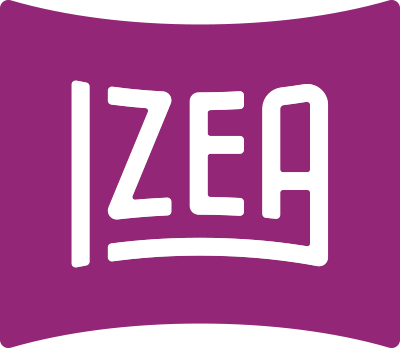When people talk about content marketing, they often mention efforts by big, enterprise-level companies. Brands like IBM and American Express get held up as the gold standard. But those brands have millions of dollars and teams of employees numbering in the thousands. What about companies that don’t have huge budgets or large numbers of employees? Can small business content marketing still work?
Of course. Small business content marketing might not have the person-power or budget behind it that enterprise-level content marketing does, but it can still be an effective way to get your brand’s message across.
What Is Small Business Content Marketing?
To understand what small business content marketing is, you first need to know what a small business is, and what content marketing is. Both terms have a variety of definitions, depending on who you ask.
For example, the US Small Business Administration has a number of different standards for defining a small business, based on the industry. For the most part, a business is considered small if it has a few hundred employees or less, and less than $10 million in annual receipts.
Content marketing also has a range of definitions. Perhaps the most useful comes from the Content Marketing Institute:
Content marketing is a strategic marketing approach focused on creating and distributing valuable, relevant, and consistent content to attract and retain a clearly defined audience — and, ultimately, to drive profitable customer action.
So, small business content marketing is a strategic approach that involves creating content and getting that content out in front of an audience, with the goal of profiting or otherwise benefiting a small business.
Benefits of Small Business Content Marketing
Small business content marketing has several benefits. For one thing, it’s relatively affordable. Content marketing tends to be considerably less expensive than other forms of marketing, and can cost up to 62 percent less than outbound marketing and advertising.
Marketers often assume that content marketing will cost more than it does. Take a look at the perceived and actual prices of various forms of content, from the 2017 State of the Creator Economy study:
- Infographic perceived price: $608. Actual price: $185.
- Listicle perceived price: $295. Actual price: $214.
- Video overview perceived price: $1,208. Actual price: $631.
- White paper perceived price: $1,123. Actual price: $959.
Another benefit of small business content marketing is that it works. Businesses that have blogs have higher rates of growth compared to businesses that don’t blog. According to Nielsen’s Global Trust in Advertising survey, business-owned websites are among the most trustworthy forms of owned media. About 70 percent of people surveyed stated that they trusted the info found on a brand-owned site.
Examples of Small Business Content Marketing
How does small business content marketing play out in the real world? Take a look at three examples from smaller companies who have successfully used content marketing.
Groove
Groove is a customer service/helpdesk software company that nearly failed. It’s also a small business content marketing success story because it was able to turn things around and get people to invest in it and use it — after it started asking the right questions. Groove’s success with content marketing is proof that you can’t ignore the most important people in the room: your audience.
Pic’s Peanut Butter
Pic’s Peanut Butter got its start in the garage of a man in New Zealand. Over the course of a year, the small PB brand was able to use content marketing and social media marketing to grow its fan base from 3,000 to 10,000.
The Minimalists
The Minimalists are a pair of bloggers who have launched a business around minimalism. They’ve not only used content marketing (in the form of podcasts, blog posts, in-person tours, and a documentary) to grow their own brand, they’ve also used their experience and expertise to show others how to make content marketing (in this case, blogging) work for them.
Too Wordy
Too Wordy is a small design company based in England. The owner of the business, Maeve Brooks, has used Instagram content marketing to her advantage. The brand’s Instagram has more than 23,000 followers, and features a mix of pictures of Too Wordy’s cards, products from other brands, and calming pictures of cups of tea or coffee.
How to Make Small Business Content Marketing Work for Your Brand
How can your small business make content marketing work for it? It starts with knowing what your audience wants and creating content that speaks to its needs. Maybe your customers want how-tos or life advice, or maybe they want to look at pretty images for inspiration. As they say, it’s important to give the people what they want.
Creating useful content is just the first step. Next, you need to get that content out there. You can promote the content on social media or through an email newsletter. You can use analytics to see where people are clicking from, and what the best methods of promotion are for your brand.
Finally, you can make any adjustments based on what’s working and what’s not. Maybe your audience isn’t going for the text-based how-tos, but is gobbling up the infographics or videos. Success with small business content marketing means keeping what works and getting rid of what doesn’t.








